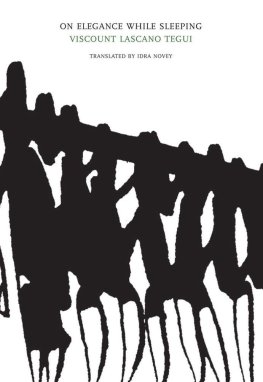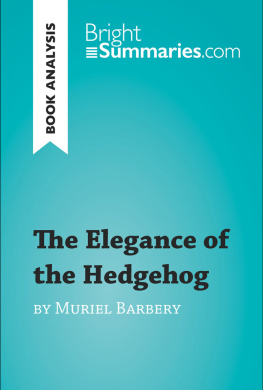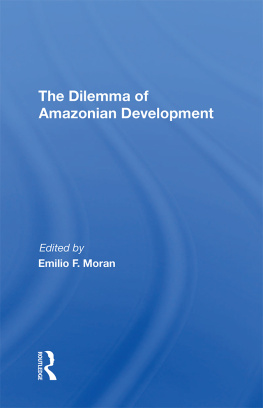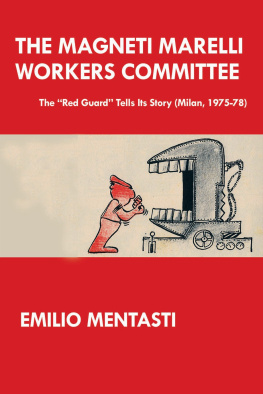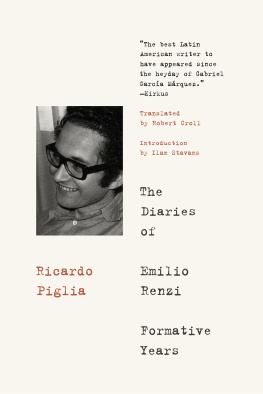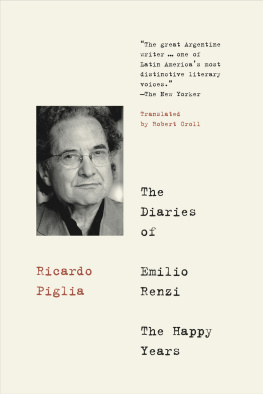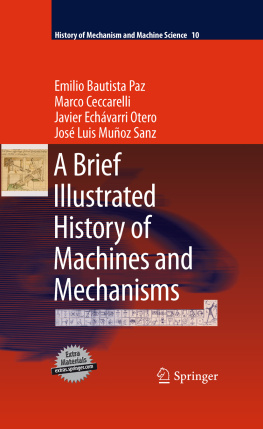Emilio Lascano Tegui
On Elegance While Sleeping
VISCOUNT LASCANO TEGUI AND ON ELEGANCE WHILE SLEEPING: THE FRINGES OF A POETICS
My interest in Lascano Tegui was piqued by a now-distant exchange of pleasantries (more social than literary) appearing in publications and magazines during the modernist period in that space we call Latin American. I like to recall, among many others, the image outlined by the editors of the Cuban weekly Revista de Avance in 1928, because it establishes what would practically become the model for describing Tegui thereafter:
Viscount Lascano Tegui recently passed through Havana. He has the stocky build characteristic of the Argentine pampas, the smile of a boulevardier, and the skeptical eyes of a globetrotter. He devoured the ubiquitous stuffed crab at a local restaurant. He made the rounds on San Rafael and Galiano with his enormous Kodak camera. And he then regaled us with his magnificent hospitality, two hours full of refined humor and polished opinions on board the SS Cap Polonio [] At the end of this visit from Lascano Tegui, one of the first Argentineans to give voice to the new sensibility, we were left with abiding fond memories and a treasured copy of On Elegance While Sleeping. Safe travels for our good friend.1
Its possible that this self-image was Lascano Teguis first artistic creation, for not only did Tegui know how to make a name for himself wherever he went, he also managed to bestow a noble title upon himself, an audacity he shared with his neighbor on the other side of the Ro de la Plata, in Uruguay: Isidore Ducasse, Comte de Lautramont. The lofty, enigmatic Viscount seems to entirely overwhelm the humble Emilio we find on occasion in a few lines of the odd encyclopedia, full of erroneous bibliographic entries as numerous as they are rare2and almost always misquoted.
In addition to the list of verified titles Lascano Tegui published, starting in 1910and which remained out of print even in Argentina until the nineties there are references to other titles that are often quite difficult to verify. Furthermore, there is also a secret realm a secret within the secret made up of the articles published by Lascano Tegui in Patoruz, a Buenos Aires magazine that was as widely read and popular as it was typically Porteo.
His reputation as major figure in the literary world of Buenos Aires is also corroborated in a speech that Norah Lange dedicated to the Viscount on September 10, 1936, at a reception marking the publication of his autobiographical novels Album de Familia (Family Album) and El libro celeste (The Heavenly Book).3 Even in Langes objective, sardonic tone, one can sense in addition to the affection she has for her good friend that she feels slightly uneasy about the radical nature of Lascano Teguis writing: she speaks of psychosis and cerebral chaos, and one could almost say that shes a little envious of his mastery of that delirium tremens for which we search in vain behind armoires, under the bed, and in the gaps of the crown molding.
While with other atypical writers the condition of being unknown usually carries with it an air of tragedy (as is the case with Pablo Palacio or Jacobo Fijman, for example, who died in mental hospitals, or with Edwin Elmore, the Peruvian, who was murdered by Santos Chocano), with Viscount Tegui one is surprised by his persistent youthful vigor youth being the banner under which the early twentieth-century avant-gardists set out in pursuit of the new, of course, but which Tegui maintained, almost as an act of defiance, many years after the initial modernist fervor died down, in the pages of a publication that must have seemed far removed from the high-cultural headwinds of the time, and the happy few to whom his first books were dedicated.4
Between 1945 and 1951, Tegui published his weekly column in Patoruz, on themes that must surely have surprised or at least perplexed his former colleagues, but which also must have entertained his new, expanded audience, due to his engaging treatment of the trivial: vacations, fashion, the weaknesses of a man in love, the automobile, banks, hats, streetcars, as well as proper etiquette, male flirtation, and grooming ones hands.
On Manicures and the Sense of Touchissue 605, from May 1949reasserts, albeit in very different genre and literary space, the sophisticated theme of the hand as a fetish object, or the fetishization of the hand, with which he begins On Elegance While Sleeping. In that article, the seasoned reader of Tegui will find a clear point of contact between his early novel and the later feuilletons.
On Elegance While Sleeping is presented as a personal diary, but it could also be read as a fictitious autobiography or a novel about origins, about initiation into the worlds of sex, literature, and crime. The choice of the diary as the form of the novel is justified by a certain structural aesthetic that dominates the text: that of fragmentation, instability, and changing perspectives. The convention of providing a date for each section, even though the dates are irregular, serves to mark limits, cutoffs, and pauses, and allows the narrator to jump from one subject to another without making the transition feel too abrupt.
Although this fragmentation is dictated by the conventions of the genre, it also justifies the changes in register: stories within stories, the evocation of memories, transcendental reflections, crisscrossing narrative voices, sequences that are interrupted as self-assuredly as they began; the transition from an elegiac to a sentimental tone, and from ironic to cynical; and the temporal fluctuation between a known past that is narrated characteristic of autobiography and the illusion of an immediate present in the diary itself.
Through this fragmentation, an apocryphal I is created, the apocryphal I of the author of the apocryphal diary, in an apocryphal time, characterized by a necessity of, or fondness for, disguise, change, and evolution. At one point a bout with typhoid fever leaves him bald; at another he is obliged to dye his red hair black to properly mourn his dead mother. His hatred of the daguerreotype all the rage during the era the novel supposedly takes place underscores his rejection of the fixed image. The narrator of the diary describes and constructs himself not as the static image of someone posing for a picture, characteristic of the nineteenth century, but as an image that prefigures the frantic movement of early cinema, even though literature is the model throughout; the narrator is reflected and is brought to a logical conclusion in the moving image of cinema.
The aesthetic of instability is also the aesthetic of arbitrariness and inversion: The need for effects gave birth to stupendous causes, says the author of the diary. Instability, evolution, and transvestitism inform one of the central sequences of the text, about the seductiveness of homosexuality, of inverted sexuality. Balanced between fascination and fear, this sequence describes the trepidation of a man who feels that he is transforming into a woman under the amorous gaze of the other and constructs a story of a love unattained:
At last I raised my eyes from their atonement and saw him looking at my hands, saw how, from his perspective, they must appear so soft and pink, how my lips were so red as to seem painted, how my clothes were of blue silk and my cuffs and collar made of lace.
The other man then leaves, and the narrator exaggeratedly reaf-firms his masculine identity in a peculiar recounting of his sexual exploits, also characteristic of the personal diary. Literary treatment of this topic ranges in tone from the veiled references of a Sarmiento to the audacious declarations of a Lascano Tegui: How many kilometers have I traveled in pursuit of a womans breast!

